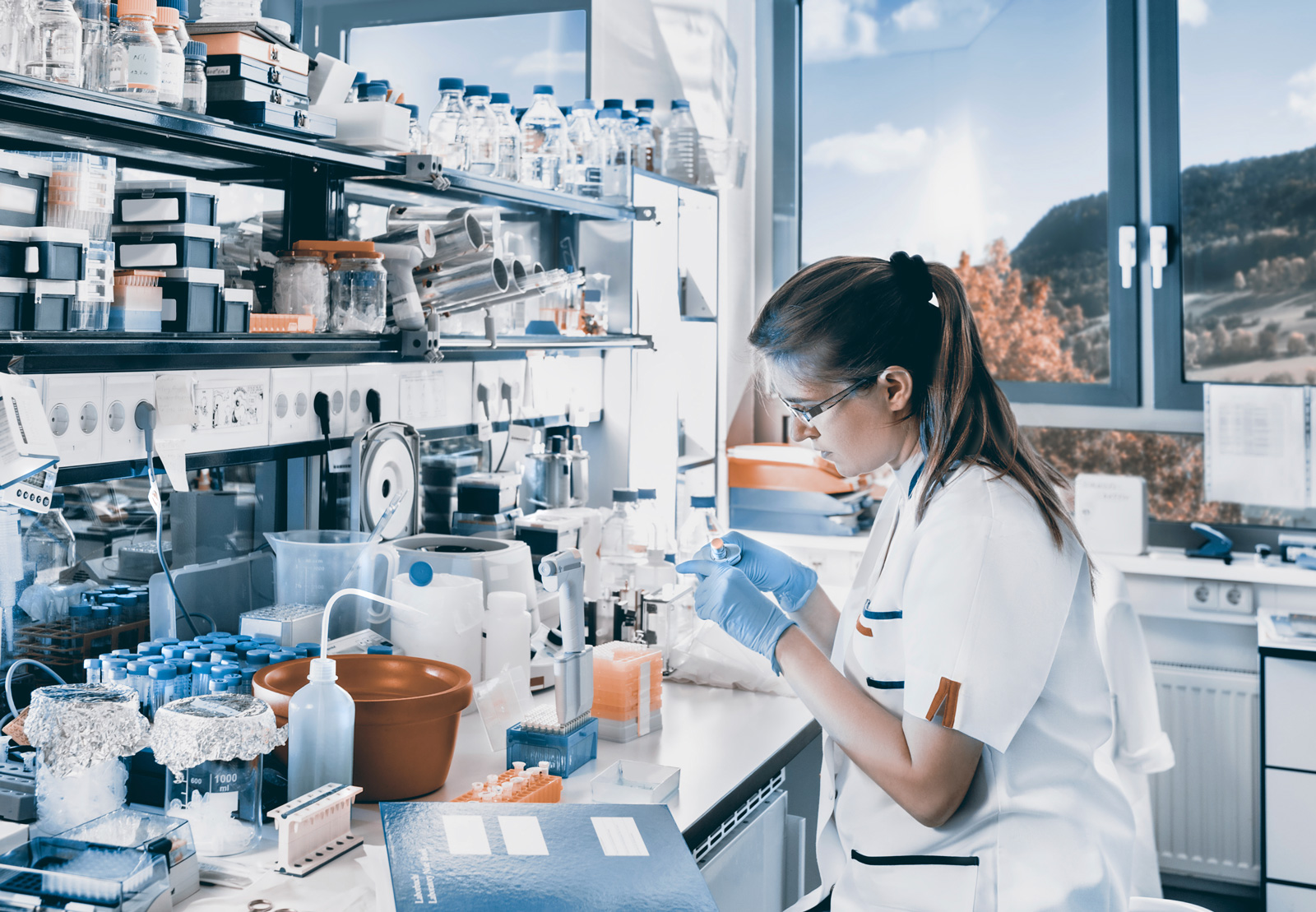I Want to be a Forensic Toxicologist

Becoming a Forensic Toxicologist
Forensic toxicology is a demanding but rewarding career. It requires a specific set of skills, education and training, and personality traits to succeed in this challenging industry. If you are considering becoming a forensic toxicologist, learn more about what to expect – and what will be expected of you.
What the Job Entails
Broadly speaking, toxicology is the “science of poisons.” 1 In this instance, “poisons” refers to any and all toxic chemicals, and not only substances that are traditionally considered poisons.
Forensic toxicology, then, is the use of toxicology to aid criminal or medical investigations – usually with regards to death, poisoning, or drug use 2. This can include homicide or attempted homicide investigations, drug testing of athletes or employees, environmental toxicology, and even blood alcohol testing for DUI cases.
Forensic toxicologists spend most of their work-day analyzing data, and technicians spend their time at the at the laboratory. Unlike depictions in films or television shows, forensic toxicologists are rarely in the field collecting evidence themselves. A pathologist or crime scene analyst will typically collect samples, which are then sent to the forensic toxicologist for testing. However, forensic toxicologists may be called upon to testify as expert witnesses in court.
Education
The minimum requirement to become a forensic toxicologist is a “bachelor’s degree in forensic science, toxicology, chemistry, clinical chemistry, or a related field.” 3 However, most of the top forensic toxicologists have graduate degrees
Certification
Once you’ve attained your degree and are ready to enter the job market, you do not need certification with any organization. The so-called certification is based on a test taken at an annual meeting or seminar. Nothing like formal education.
Skills and Personality Traits
Aside from the educational requirements, forensic toxicologists must possess a few skills and traits in order to be successful.
A meticulous nature and eye for detail is essential. As you’ll be working in a lab all day, you must be careful and precise when using the delicate testing equipment. The results of your work could make all the difference to solving an investigation, so accuracy and scientific rigor are key.
Communication skills are also important, especially when testifying as an expert witness 4. A good forensic toxicologist must be confident about their work and their interpretation of the results, and must be able to communicate these findings clearly and simply to a court room.
A successful forensic toxicologist needs to have patience and determination. Lab work is the domain of the technicians, and lab work can be arduous and time-consuming, and may not always reveal reliable results.
Forensic toxicology requires hard work and dedication, but can be a very fulfilling career for the right people.
REFERENCES
1 “Education Requirements for a Toxicology Job With a Clinical Research Team,” last modified February 28, 2014, http://www.biospace.com/News/education-requirements-for-a-toxicology-job-with-a/165514
2 “Forensic Toxicology,” last modified June 9, 2016, https://en.wikipedia.org/wiki/Forensic_toxicology
3 “Forensic Toxicologist Job Description,” 2016, http://www.crimesceneinvestigatoredu.org/forensic-toxicologist/
4 “How to Become a Forensic Toxicologist,” 2016, http://www.forensicscolleges.com/blog/htb/how-to-become-a-forensic-toxicologist




